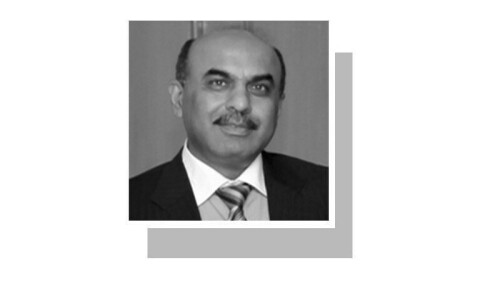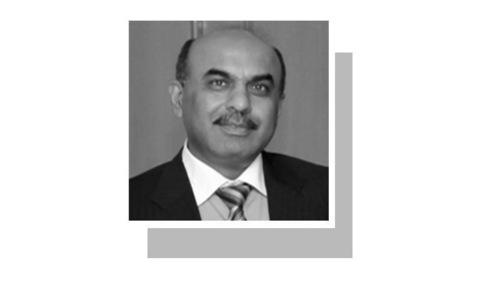ACCORDING to the Afghan ambassador to Pakistan, Afghan reconciliation — and Pakistan’s support for it — will be the most important item on the agenda for Prime Minister Raja Pervez Ashraf’s visit to Kabul today. This follows earlier statements from President Hamid Karzai asking for Islamabad’s help for talks with the Taliban. But the reality of what Pakistan can do lies somewhere between international perceptions that it could make major contributions to peace in Afghanistan if only it wanted to and the very limited, logistical role Islamabad played in facilitating the Taliban’s passage to Qatar for talks with the Americans.
It’s true that some Taliban leaders, their families and livelihoods are in Pakistan, and that security agencies have contacts with them. Other operatives are in Pakistani jails and have not been handed over despite Kabul’s requests. Pakistan is also holding itself back because of paranoia about its interests in the region and the lack of a clear centre of power when it comes to devising foreign policy. But there are also some real constraints on its ability to facilitate talks: its control over the Taliban is not as extensive as is portrayed by the Americans and the Afghans; the Taliban have repeatedly claimed they will not talk to the Karzai government; the US government’s election-year calculations and internal disagreements make it difficult for Washington to maintain a successful peace process with the Taliban; and the Taliban themselves are fragmented over whether and with whom talks should take place.
In this complex scenario, one thing Pakistan can do is begin to match its claims and demands with what it can actually deliver. If it wants a seat at the table and have the international community address its concerns about Afghanistan’s future, it will have to deliver more than just logistical support. It will need to demonstrate at least a genuine effort to try to persuade the Taliban it does have contacts with to talk to the Afghan government and the US, and turning over prisoners could be a first step. The Taliban have recently sent public signals that they might be ready to talk to the Americans again, and have even sent an envoy to the Kyoto conference attended by Afghan government officials. So there may be an opportunity now for Pakistan to get involved in shaping the region’s future and counter the international perception that it is an impediment to peace. It doesn’t have the degree of power projected by the West and Afghanistan, and there are limits to what it can do. But that is no excuse not to do whatever it can.










































